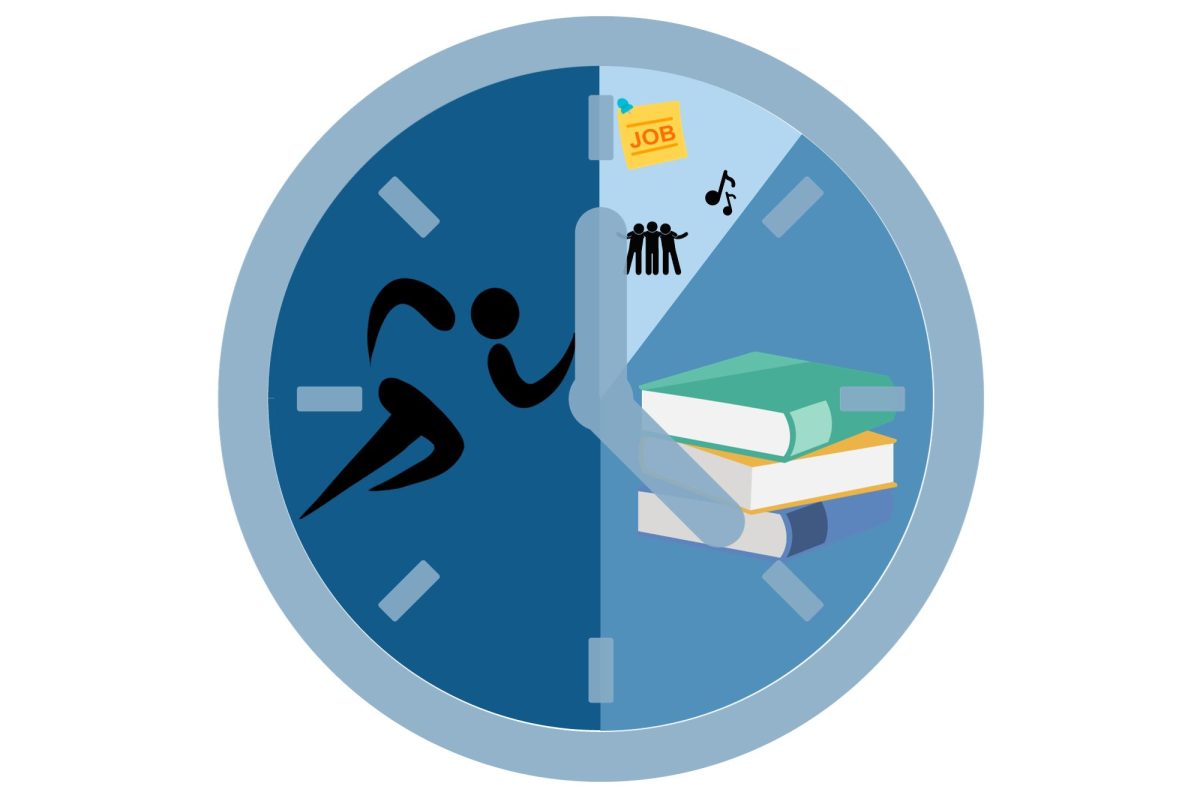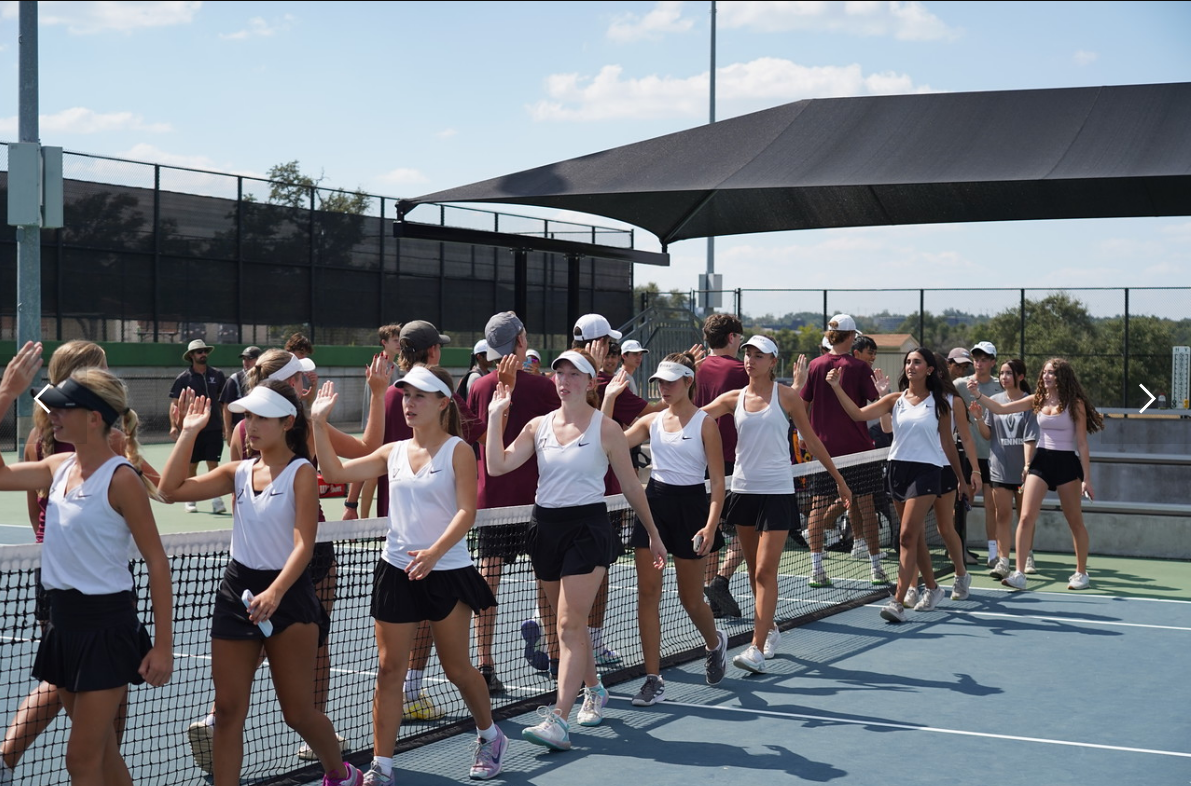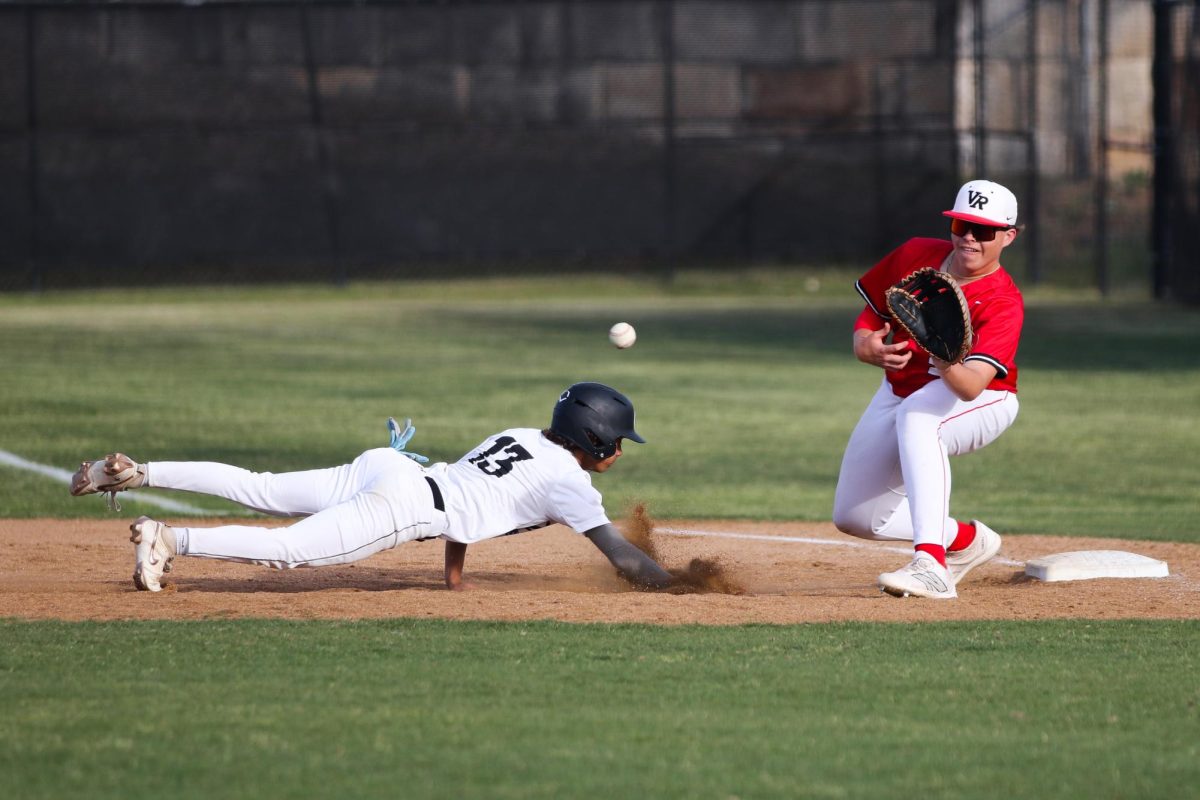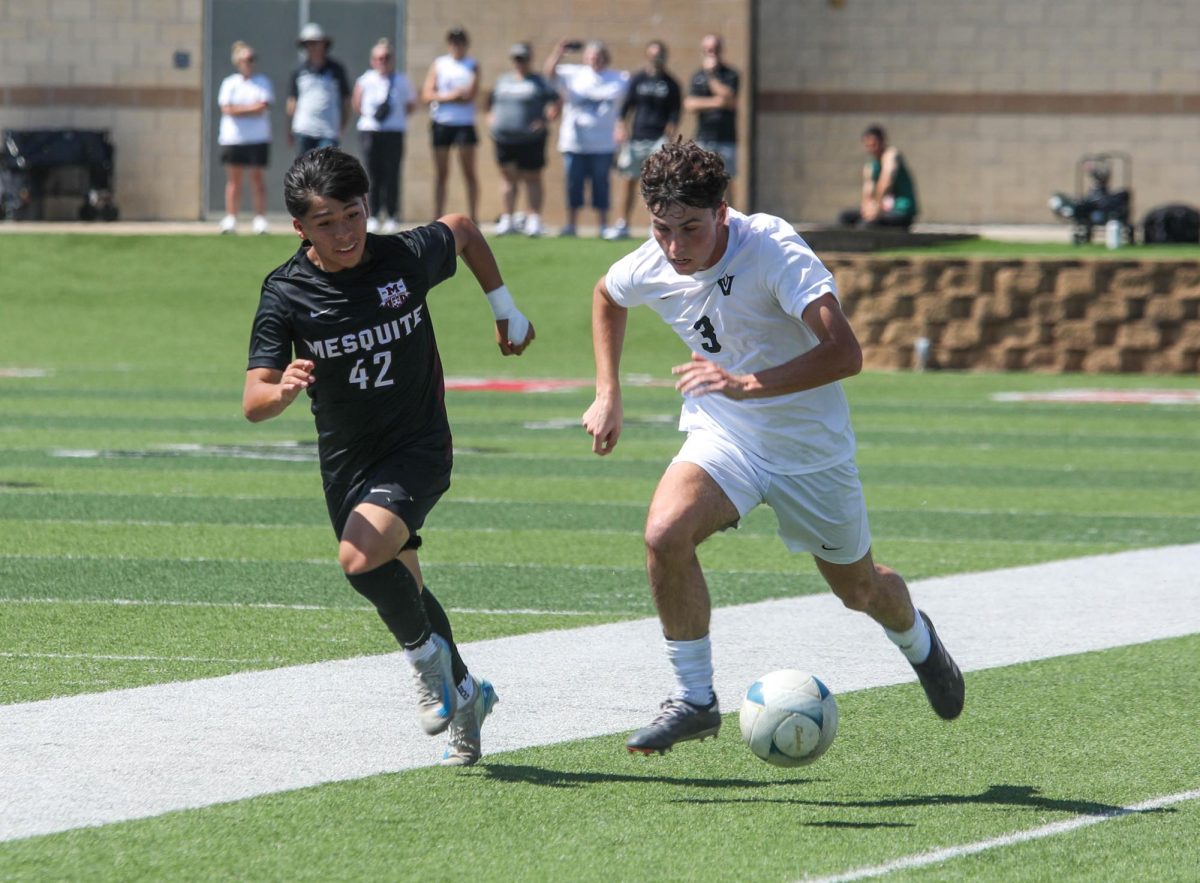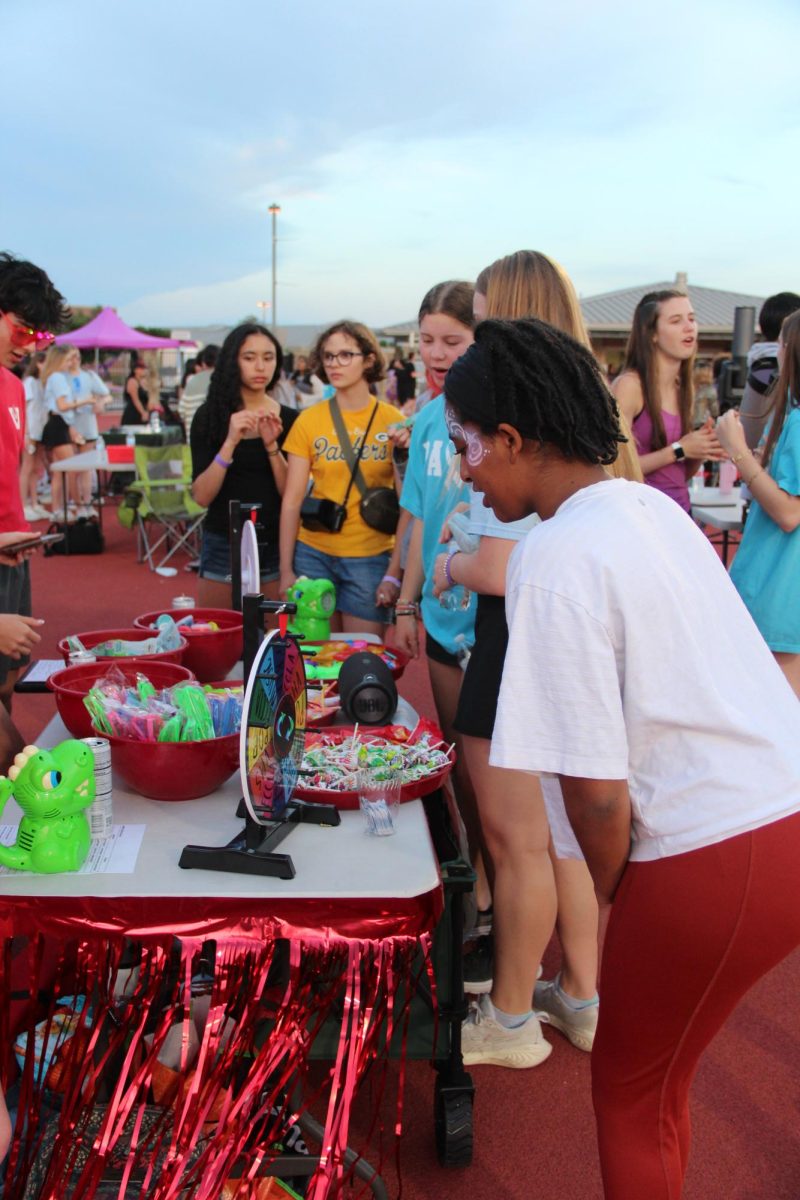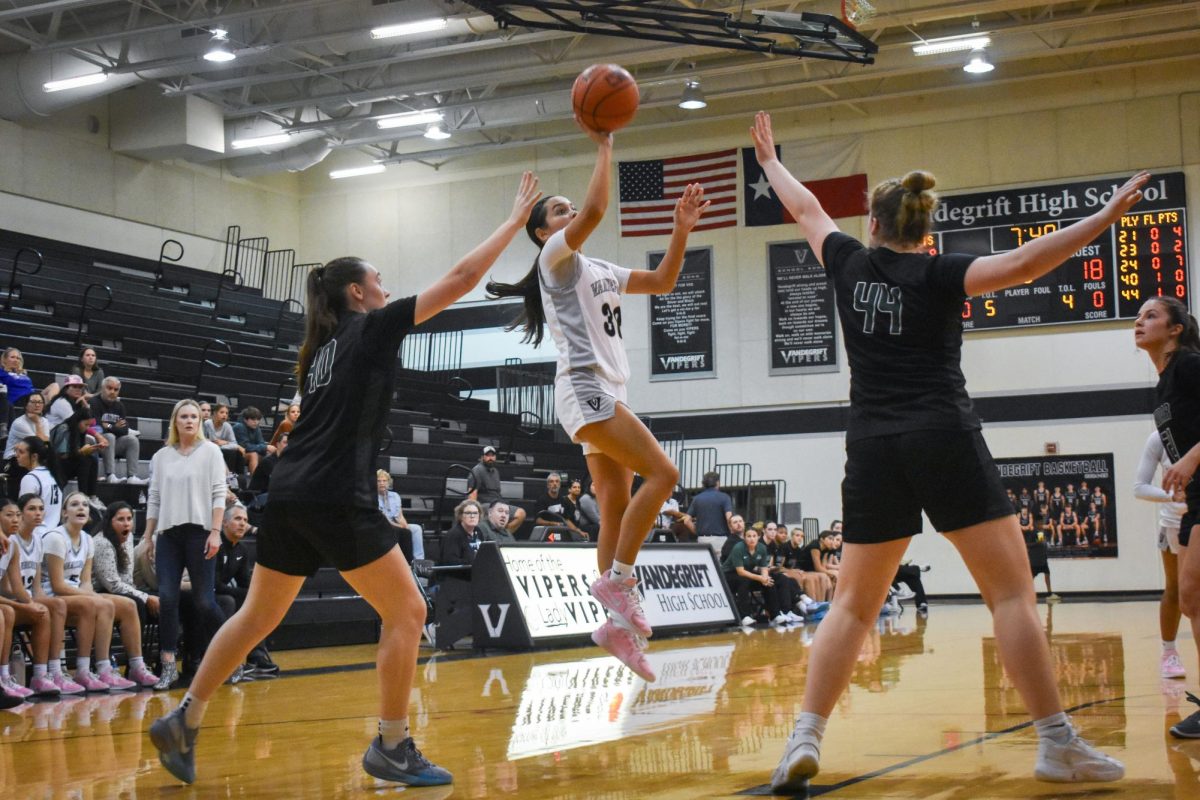Wake up in the morning, go to practice or workouts, go to school, practice with the team, come back home and do homework, and by the time you know it, it’s already time to go to sleep. If there were more than 24 hours in a day, there is a huge group of people that would definitely benefit: student-athletes.
Student-Athletes, especially in high school, need to be a lot more keen on managing their time during the school week. With practice, advanced classes, homework, and other activities to support their sport, it becomes hard to find time to relax, or to just complete everything planned in one day.
“I leave my house around 7:00, so I wake up around 6:20,” Saania Khawaja, a freshman on the varsity girls basketball team, said “And then I get home typically around 4:45 to 5:00.”
This tight schedule does not only happen in basketball, but also many other sports, like runners in the cross country team.
“[I run] from 6:00 AM to 9:00 AM and then sometimes after school, I’ll run for another hour,” Annie Burton, senior in the Varsity Cross Country team, said.
Burton tries to give herself a break by allocating some time for reading everyday, but with such a packed schedule, she may have to do some homework outside of her home as well.
“I try to get all my sports done in the morning,” Burton said, “I do my homework after school and sometimes during PIT.”
The packed schedule is not the only struggle student athletes face, it’s also the relaxing part of their life that they sometimes may have to sacrifice.
“I don’t want to say [spending time with friends] is rare, but I don’t spend as much time with them anymore, just because I don’t have as much time,” Khawaja said. “But when I do, it’s on the weekends.”
Burton tries to align her social life with her sport, as when asked if she gets to spend time with friends, she said, “not really but most of my friends are on the cross country team. So I spend every practice with them.”
Jake Mayer, part of the boys golf team, feels the tightness in his schedule as he explains how much time he spends for golf.
“It depends on our week plan but average by 12 or 13 [hours],” Mayer said. “I would say [workouts] are probably two to three hours each week, and on a good week, [schoolwork will] be seven hours, but it could easily get up to 14 [hours].”
Sleep is one of the most important things for athletes and for brain development as well, so making sure that sleep isn’t being affected is crucial.
“I mean, it really depends,” Khawaja said, “some days I’m feeling fine, but I mean, overall, I think I can manage it and it’s not that bad.”
Mayer relates to Khawaja, mentioning that experience throughout high school has helped him with his sleep schedule, but he did originally struggle in the first two years of high school.
“I mean school and work balance can be hard to find,” Mayer said. “But through three years of high school, I’m kind of getting [managing a sleep schedule] down.”
Being an incoming student-athlete freshman and sophomore in high school can be difficult and tough to manage at first, but Mayer and Burton both gave some similar advice.
“I have an agenda and allocate time to school and golf and I make sure that that’s done or at least I’m in a position to get all of my work done before I go on the golf course or do anything golf-related.” Mayer said, “write everything you need to get done and create a plan to do it.”
Creating a plan is one of the most important things for a student-athlete to manage their time well between two crucial things in their life, school and their sport. As mentioned, it can really help to keep yourself in line, focus on finishing what you need to do, and have as much time as possible to excel at your sport and at school.
“Find a routine and stick with it,” Burton said.


